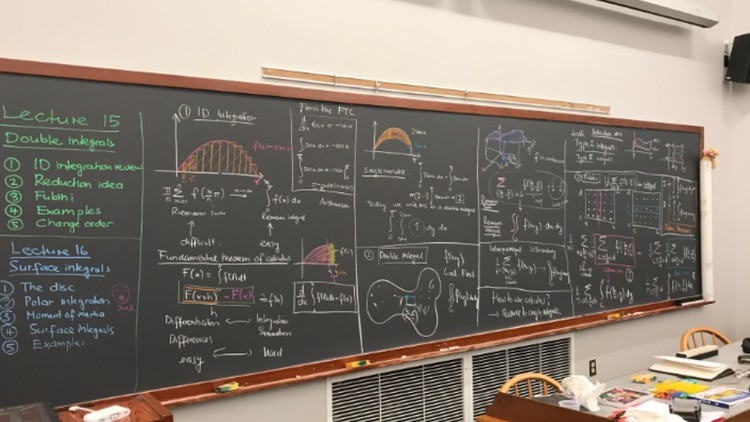
Easiest Way To Master Additional Math & Obtain the Highest Scores! Part 3
What you will learn
Additional Math (IGCSE & GCSE) For High School
What are Indices and how to solve them
How to solve indices with square root
What are surds and where do we use them
What are exponential equations and how to solve them
How to solve exponential simultaneous equations
What are Logarithms?
What are Common & Natural Logarithms
What are the Laws of Logarithms
How to solve Logarithmic equations
Description
High School Add Math (IGCSE) – Indices & Logarithms
Welcome! This is the 3rd Part out of a series of crash courses that are designed to help students prepare themselves for High School Additional Mathematics.
This course is meant for:
– Those who want to learn high school math and Ace their yearly examinations
– Parents who may want to help teach their children
– Those who just want to brush up on their math skills
Students should have some basic math skills. I would recommend at least having completed grade 9 Math so that you can understand the concepts better.
In this course we will learn:
– What are Indices and how to solve them
– How to solve indices with square root
– What are surds and where do we use them
– What are exponential equations and how to solve them
– How to solve exponential simultaneous equations
– What are Logarithms
– What are Common & Natural Logarithms
– What are the Laws of Logarithms
– How to solve Logarithmic equations
I urge students to practice hands on with me during the course so that they can take the most out of this course. Students can ask me questions and I will keep answering quickly.
You may also take a look at the vast knowledge in the questions and answers section. You will note that many times students ask very important questions that you may have overlooked.
Upon completion of this course you may take the remaining courses in this series. In this Series i will be covering a vast variety of topics (in the other crash courses) included in the IGCSE syllabus such as:
1) Simultaneous Equations
2) Matrices
3) Indices, Surds & Logarithms
4) Quadratic Expressions & Equations
5) Remainder & Factor Theorms
6) Linear Law
7) Functions
8) Trignometric Functions
9) Trignometric Identities & Equations
10) Circular Measure
11) Permutations & Combinations
12) Binomial Theorem
13) Differenciation
14) Rates of Change
15) Higher Derivatives and Applications
16) Integration
17) Applications of Integration
18) Kinematics
19) Vectors
20) Relative Velocity
Content